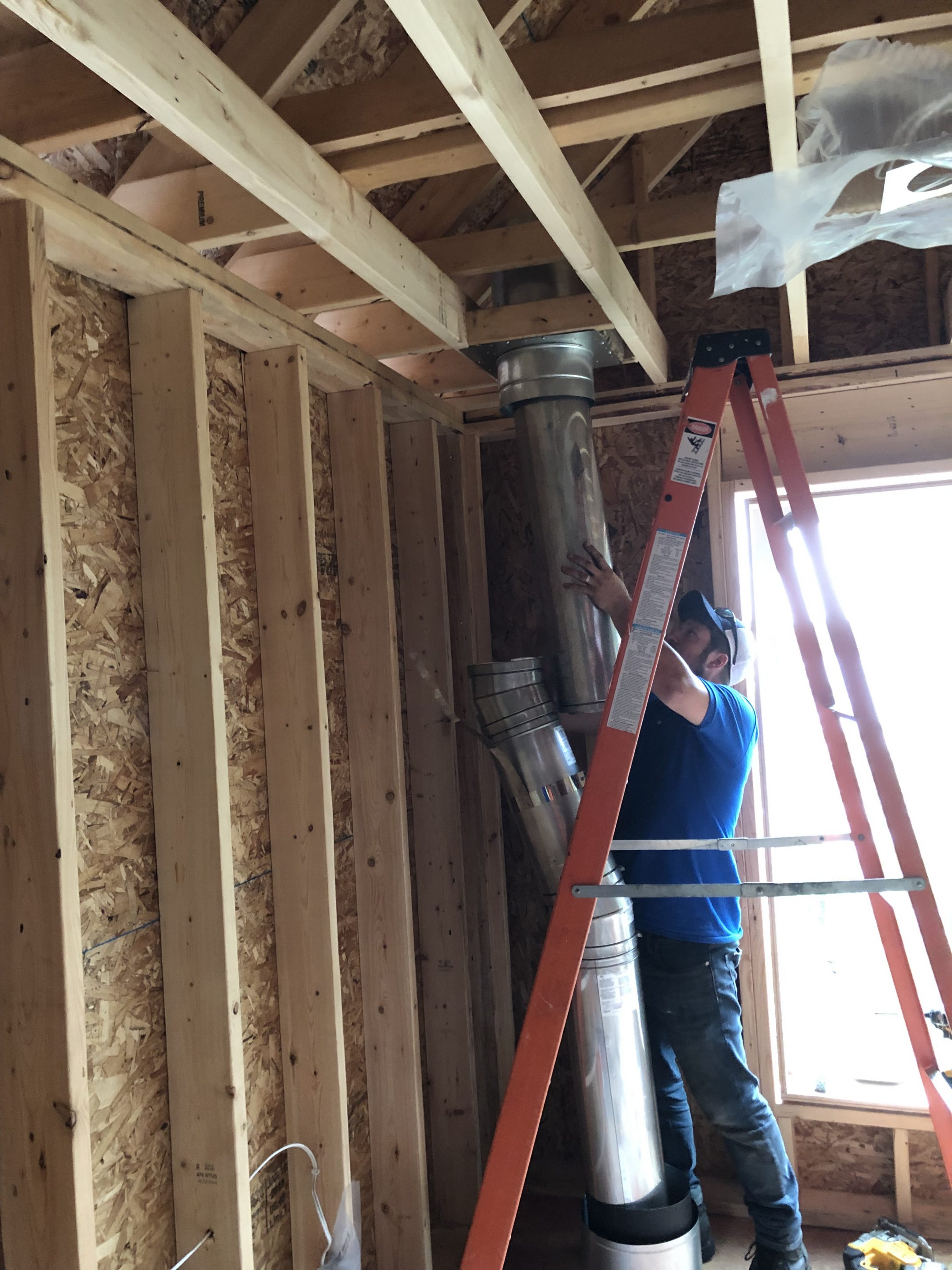An culinary space makeover can change the center of your home, and one of the major elements of this process is your cooking appliance. Whether you're updating an outdated appliance or entirely renovating the kitchen space, hiring a stove installation expert can make all the difference. These experts bring the knowledge and know-how necessary to guarantee that your new stove is set up safely, smoothly, and in compliance with regional regulations, offering you peace of mind and enabling you to enjoy your new configuration.
With numerous options on the market, including natural gas to electric and even inductive cooktops, making the right choice is crucial for functionality and aesthetics. Understanding the details of cooking appliance installation, including planning, safety precautions, and local codes, can be daunting for any homeowner. This guide aims to clarify the process, outlining the benefits of bringing in a specialist for your stove installation while giving essential tips and insights that every homeowner should know.
Stove Setup Fundamentals
When it comes to enhancing your cooking space, familiarizing yourself with the foundations of stove mounting is essential for those who cook at home. Regardless of whether you choose a propane, electric, or magnetic cooktop, each type has specific needs and factors that need to be addressed. Getting acquainted with these principles will ensure secure a hassle-free setup process and avoid possible problems later on.
The initial considerations to think about is what type of stove fits your needs. Gas stoves are often favored for their exact cooking precision, whereas electric cooktops may be easier to install and service. Magnetic cooktops offer modern features with quick warm-up times and energy conservation. It's essential to evaluate your kitchen use, kitchen layout, and existing utilities before finalizing your choice. Once you decide on the best cooktop, preparation is key to making sure your cooking area is set for this upgrade.

Procedure safety and following local codes are of utmost importance during range setup. Homeowners should be aware of local codes and the necessary licensing required for their specific setup. Additionally, it’s advisable to hire a professional cooktop installation specialist who is knowledgeable about safety protocols, such as proper airflow and gas line conditions, to avoid hazards like gas leaks. By focusing on these components of cooktop mounting, you can transform your kitchen securely and efficiently.
Gas versus Gas Stoves
Choosing between a natural gas and an electricity-powered stove is a important choice for home owners, as it can impact culinary success, energy expenses, and setup needs. Natural gas stoves typically offer instant heat and exact temperature control, which makes them a preferred choice among professional chefs and cooking enthusiasts. Additionally, Stove Installation tend to warm up faster and offer quick flame, allowing for more agile cooking techniques. However, they need a connection to a gas line, which can hinder setup if one isn’t already available in your kitchen.
On the flip hand, electric stoves are often seen as simpler to set up, especially in residences without gas lines. They provide a steady and consistent heat but can take more time to warm up and reduce temperature compared to natural gas models. Electric stoves, particularly induction, are also more power efficient and include safety features such as auto shut-off. The decision between gas and electric comes down to your cooking habits, the design of your kitchen, and the accessibility of utilities.
Homeowners should also take into account long-term costs when choosing a stove type. While gas stoves may have reduced operational costs depending on local natural gas prices, electricity-based stoves can be more cost-effective to set up. It's crucial to balance the immediate installation and long-term utility expenses alongside your culinary practices to make the optimal choice for your kitchen makeover.
Safety and Compliance
Securing protection during stove installation is paramount to protecting your residence and loved ones. Professional stove specialists have the expertise to handle the complexities of gas and electric setups. They recognize the risks associated with gas connections, such as potential leaks, and enforce stringent safety practices to reduce these threats. By complying to industry norms, they also ensure that all elements of the stove setup are in line with local laws and regulations.
Compliance with local installation standards is not just a lawful necessity but also a vital step to guarantee the reliable operation of your stove. Many areas require particular permits before setup commences. An skilled stove installer will be acquainted with these codes and can process the necessary paperwork, ensuring that your installation meets all safety requirements. This aids avoid any future complications that may arise from inferior setups, safeguarding both your money and your home.
Additionally, routine maintenance and inspection after installation play a significant role in long-term safety. Homeowners should be mindful of signs that indicate the requirement for expert assistance, such as unusual scents from gas stoves or performance issues with electric units. By prioritizing safety and compliance during installation and afterward, you can benefit from the benefits of your recently acquired stove with peace of mind, knowing that your kitchen is both operational and safe.
